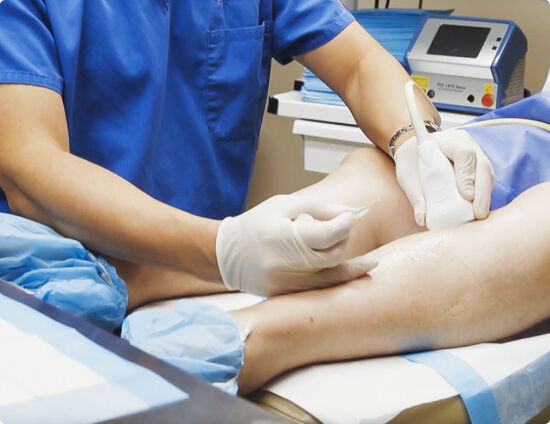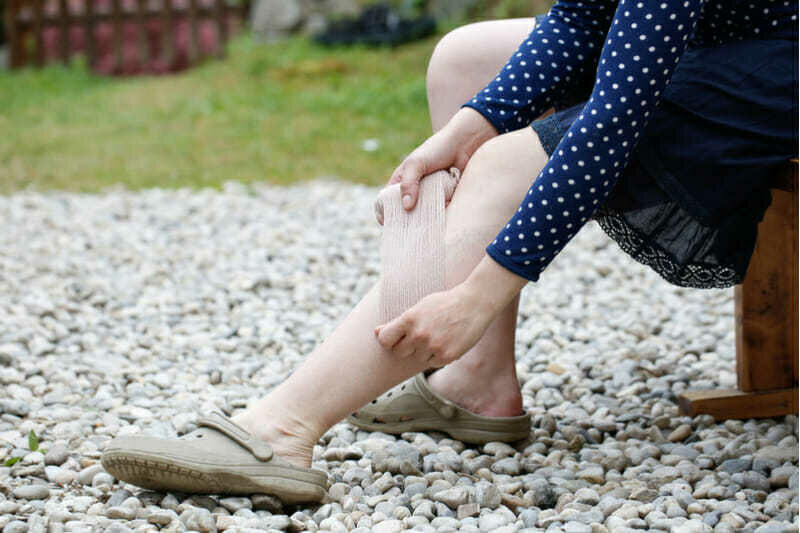Top 11 questions to ask to maximize treatment success
1. What can I do to improve the outcome of my vein procedure?
Dr. Nichols outlined several simple-to-follow best practices for preparing for vein treatment.
These include:
Be well hydrated. This keeps the veins from constricting and makes accessing the vein easier. Dr. Nichols recommends that patients drink plenty of water before vein treatment.
Avoid caffeine. A diuretic, caffeine, increases urination which flushes water out of the body. It will also “put you in the bathroom several times during the procedure,” adds Dr. Nichols.
Keep your legs warm. Warmth helps to dilate the veins, which also keeps the veins from constricting.
2. Will I need stitches after varicose vein surgery?
Dr. Nichols says physicians rarely use sutures or stitches following a vein procedure. Instead, your Center for Vein Restoration (CVR) will place bandages on the legs secured with ace wraps to provide snug compression. The patient removes these bandages and wraps the morning following the procedure.
3. Can I drive myself home after a vein procedure?
“Yes, as long as you have a valid driver’s license,” jokes Dr. Nichols. He adds that at CVR, patients are permitted to drive themselves to and from a vein procedure. This is because only local numbing agents are used at CVR—no general anesthesia required!
4. General anesthesia vs. local anesthesia for vein surgery
Dr. Nichols says that he did use general anesthesia during vein procedures in the past. He found, however, that patients complained that they were out of action for 24 – 48 hours afterward and felt like they had a “hangover.” What doctors have since discovered is that patients “do great without general anesthesia,” says Dr. Nichols.
Instead of general anesthesia, CVR physicians use tumescent anesthesia. This technique for delivering numbing directly to the vein being treated allows the patient to walk, drive and generally get on with their normal routine right after the office procedure. The vein stays numb for several hours after the procedure but does not delay the patient’s recovery in any way.
5. Is there any bleeding after vein surgery?
Dr. Nichols reassures patients that bleeding is “not very common.” He adds that some bleeding is a possibility with larger vein procedures, such as radiofrequency ablation and ambulatory phlebectomy. After these procedures, Dr. Nichols asks that patients stay at the office and rest for a short while in a comfortable reclining chair. During this time, the staff keeps a watchful eye over the patient to ensure that there is no unexpected bleeding post-procedure.
6. What activities can I do after vein surgery?
While there are few restrictions, Dr. Nichols does recommend that patients lift no more than about thirty pounds after vein surgery. Further, he asks his patients not to do strenuous exercise (such as tennis, jumping rope, or aerobics, nor any activity that requires that you bear down hard. This maneuver (which doctors call Valsalva) can increase pressure in the veins and can pop open the vein.
Other than the activities mentioned above, Dr. Nichols states that patients are “free to do their normal activity,” emphasizing that walking is an excellent post-procedure exercise.
7. How long is recovery after vein surgery?
Depending on the procedure, recovery is quick, says Dr. Nichols. Even for the most invasive procedure performed at CVR, patients usually go back to work the next day.
8. Can I shower after vein treatment?
Generally, patients can shower the following morning. The leg wraps, used to compress the veins and make them stick together, can be removed by the patient before showering.
9. Will I need pain medication after vein surgery?
In Dr. Nichols’ experience, most people do not need pain medication after a procedure. If there is any discomfort, Tylenol or Ibuprofen “seem to work great.” If the patient feels that these over-the-counter pain relievers are not providing adequate comfort, that is a sign that the patient needs to call the doctor, warns Dr. Nichols.
10. What would be a sign that something is not going according to plan?
Dr. Nichols recommends that a patient contact their physician following a procedure if they experience:
- Extensive swelling
- Increasing redness
- Fever
- Increasing pain not controlled by Tylenol or ibuprofen
- Significant fluid drainage from the wound (although some drainage is to be expected because tumescent anesthesia uses fluid to put the numbing medication into the vein)
- Excessive bleeding
11. How long does vein treatment last?
Veins procedures usually yield permanent results; however, venous disease is a progressive condition, which can worsen over time. Dr. Nichols warns that patients “may develop other problem veins where the valves stop working on those as well.” Therefore, at CVR, physicians follow patients for about a year to monitor progress.
Get best treatment for varicose veins and painful legs
The board-certified vein physicians at Center for Vein restoration are experts at diagnosing and treating varicose veins, spider veins, skin changes, achy, painful, tired or fatigued legs, restless legs, venous ulcers, and lymphedema. Treatment is covered by most insurances, including Medicare and Medicaid.
Call 240-965-3915 or visit centerforvein.com for more information.
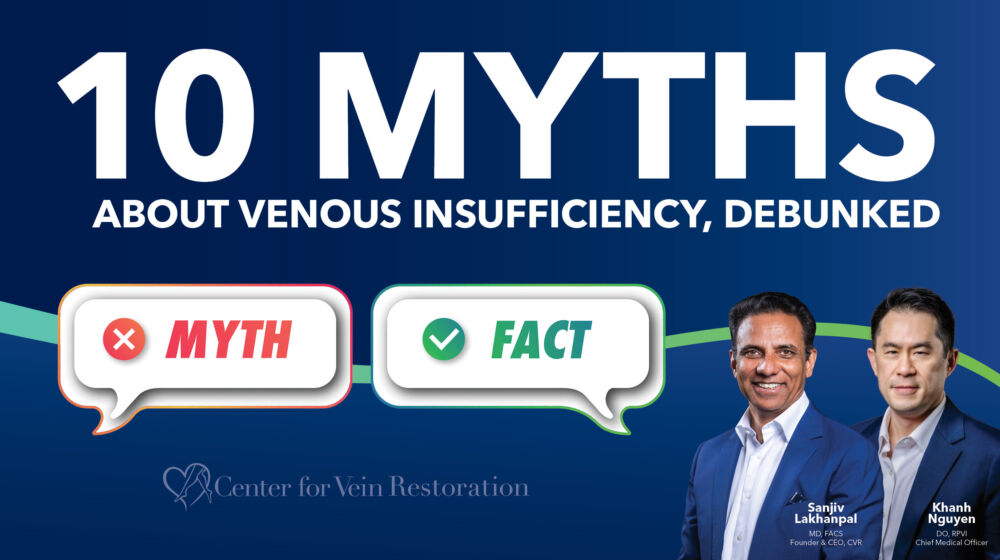
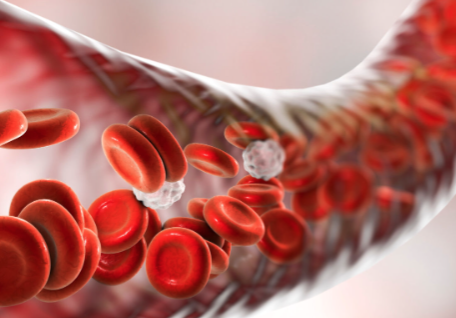 About Vein Disease
About Vein Disease
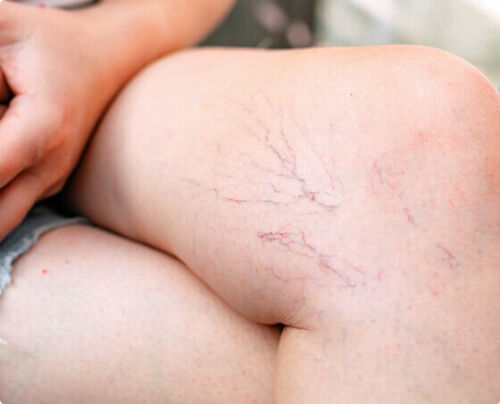 Spider Veins
Spider Veins
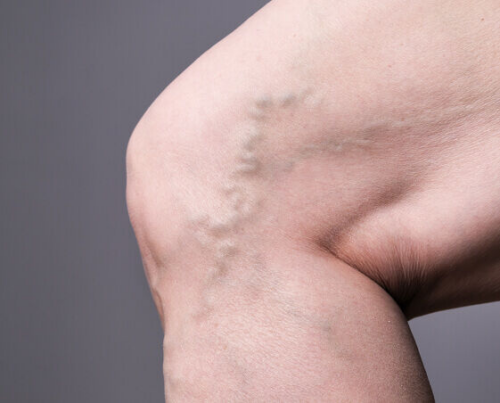 Varicose Veins
Varicose Veins
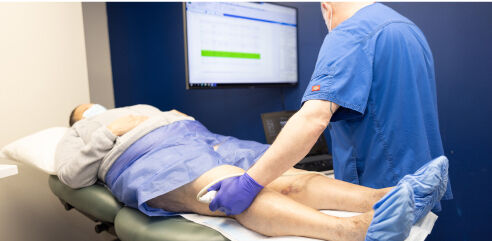 Vein Disease Treatments
Vein Disease Treatments
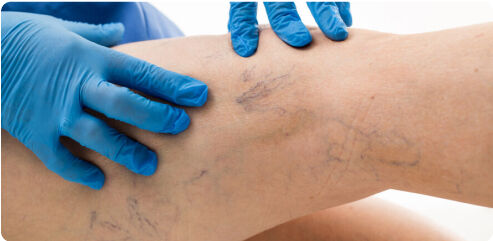 Treating Spider Veins
Treating Spider Veins
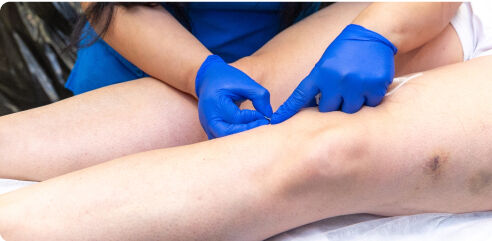 Treating Varicose Veins
Treating Varicose Veins
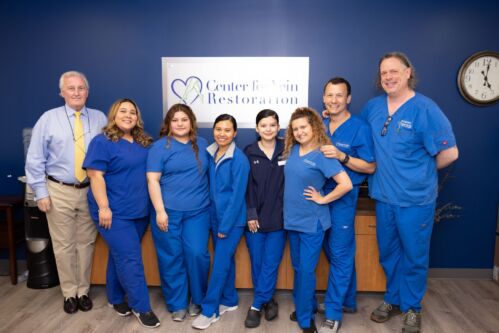 About Us
About Us
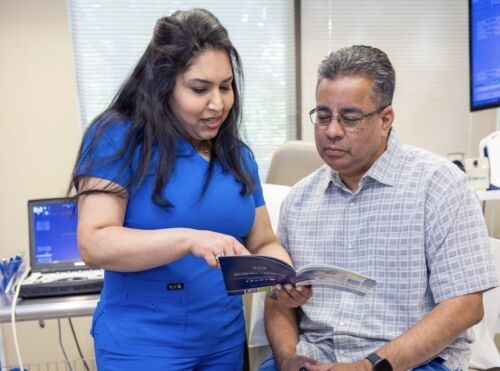 Patient Resources
Patient Resources
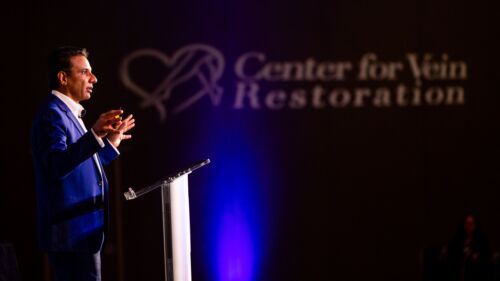 Physician Resources
Physician Resources

